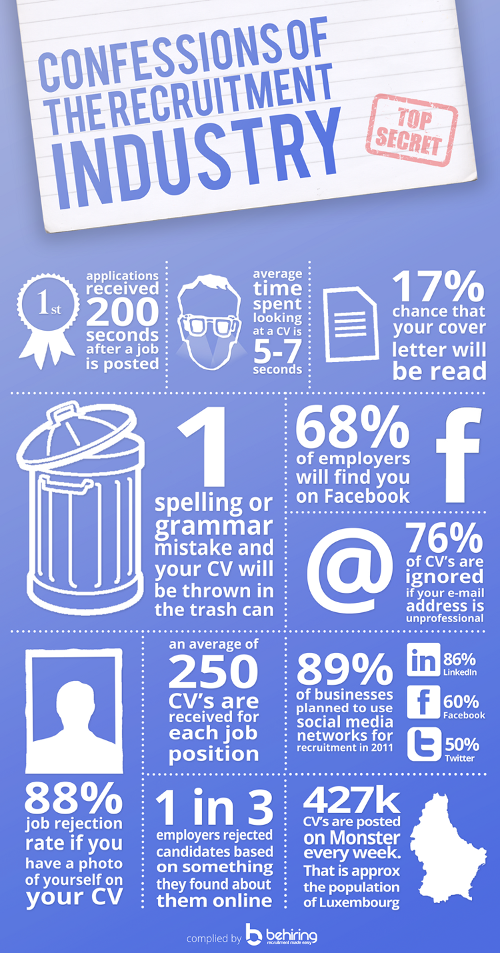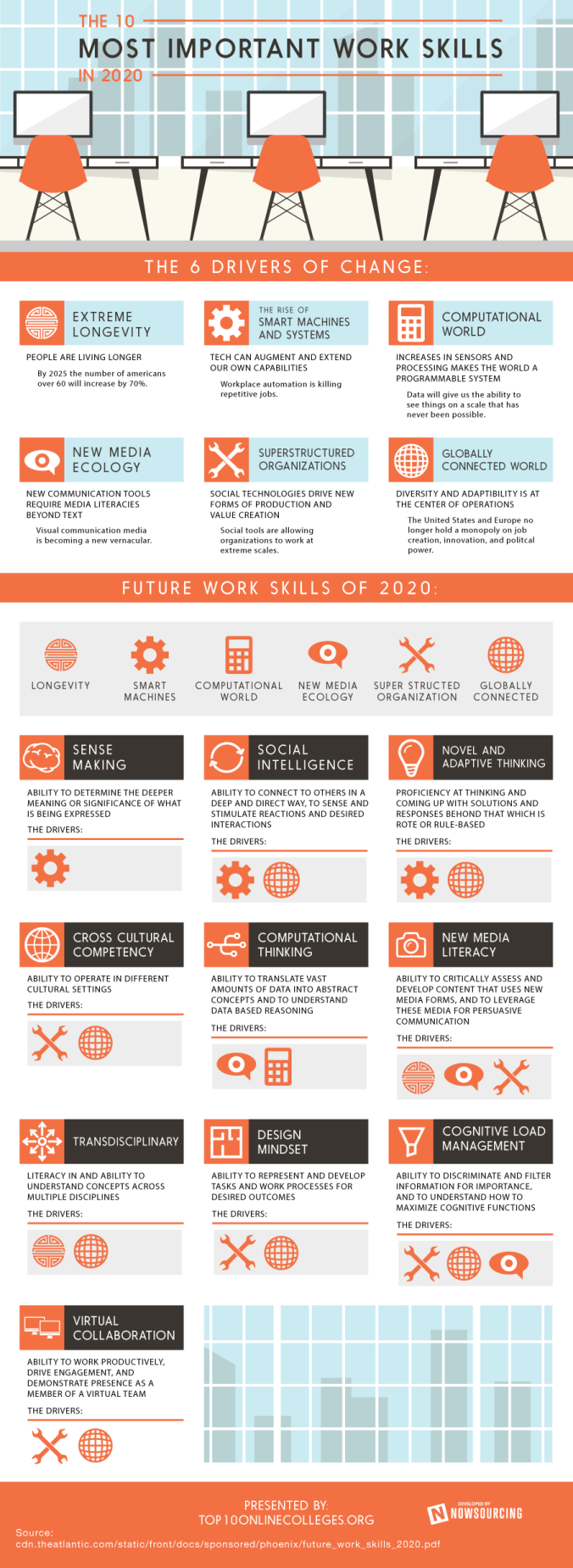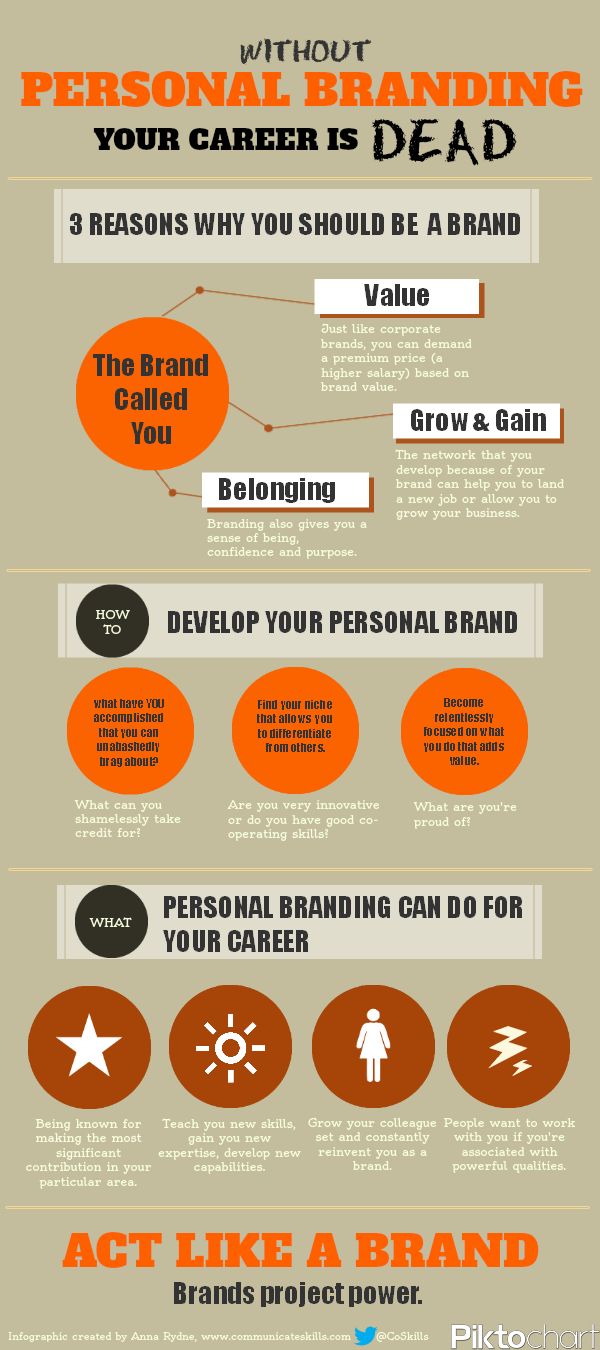According to the Popular Professions Among Grades in 2014 Infographic, in the lingering aftermath of the Great Recession, recent college graduates are having a tough time of it. As state aid for education has fallen, student loans have risen, leading to crippling levels of debt — the average in recent years has been about $23,300 though that figure may have climbed to more than $29,000. Although the unemployment rate for those with a bachelor’s degree or higher declined in 2013, many recent college graduates are still struggling to find their desired jobs.
Top 5 Occupations with the Most Job Openings (Graduate Degree)
- Postsecondary Teachers
College and university professors, career and technical education instructors, and graduate teaching assistants. - General Practitioners
They perform yearly checkups, treat a variety of conditions, and refer patients to specialists. - Lawyers
Private-practice lawyers work in law firms or are self-employed. - Pharmacists
They prepare and distribute medications prescribed by doctor and other health practitioners. - Physical Therapists
They prevent and treat conditions that limit a person’s ability to move and function
Top 5 Occupations with the Most Job Openings (Bachelor’s Degree)
- Computer Systems Analysts
They create new computer systems and improve existing technology and business processes. - Software Developers
They combine their expertise in computer science, engineering, and math to design, develop, and test software for home, school, and business use. - Network Systems and Data Communications Analysts
They plan, design, build, maintain, and test networks and other data communications systems. - Construction Managers
They plan and coordinate construction projects, including residential, commercial, and civil (or public works) building. - Market and Survey Researchers
They collect information about the public.






